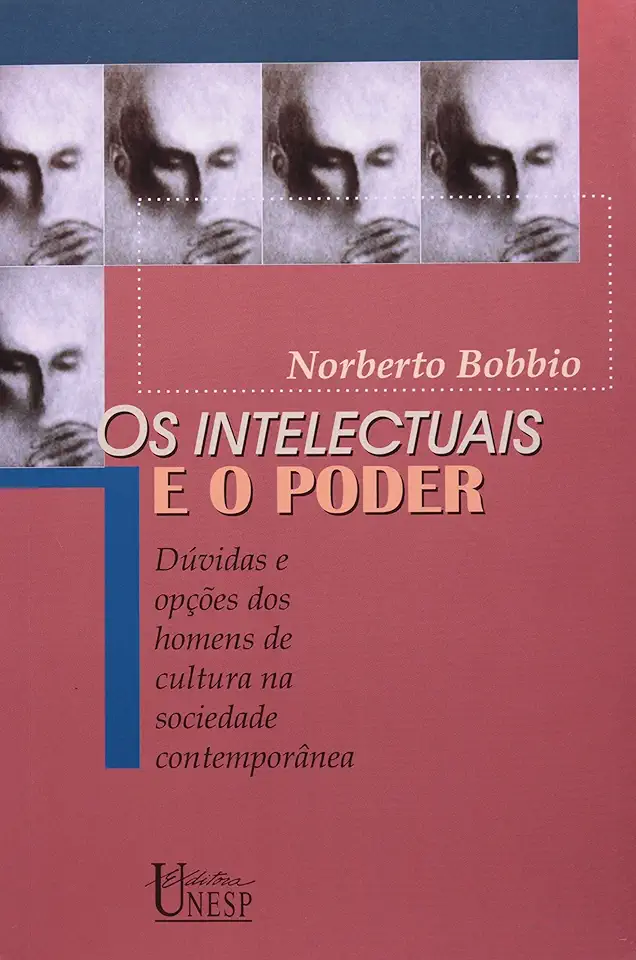
Intellectuals and Power
Intellectuals and Power: A Critical Introduction
In his seminal work, "Intellectuals and Power," Pierre Bourdieu offers a profound and provocative analysis of the relationship between intellectuals and power. Drawing upon a wealth of empirical research, Bourdieu argues that intellectuals are not simply objective observers of society, but rather active participants in the production and reproduction of social power.
Intellectuals as a Social Group
Bourdieu begins by defining intellectuals as a social group characterized by their possession of cultural capital, which he defines as "the sum total of the resources, both material and symbolic, that are accumulated by individuals and groups in the course of their lives." This cultural capital can take various forms, including educational qualifications, professional expertise, and social networks.
Bourdieu argues that intellectuals occupy a unique position in society due to their possession of cultural capital. They are often employed in occupations that require a high level of education and expertise, such as academia, journalism, and the arts. This gives them a degree of autonomy and independence from other social groups, such as the working class or the bourgeoisie.
The Intellectual Field
Bourdieu also develops the concept of the "intellectual field," which he defines as "a space of positions and relations that are structured by the distribution of cultural capital." This field is characterized by its own set of rules and norms, which govern the production and circulation of ideas.
Bourdieu argues that the intellectual field is a site of struggle between different groups of intellectuals, each of which seeks to impose its own definition of what constitutes legitimate knowledge. This struggle is often played out in the pages of academic journals, newspapers, and other public forums.
Intellectuals and Power
Bourdieu argues that intellectuals play a crucial role in the production and reproduction of social power. They do this by producing and disseminating ideas that legitimize the existing social order or by challenging it. In either case, intellectuals help to shape the way that people think about the world and their place in it.
Bourdieu also argues that intellectuals are often used by powerful interests to justify their actions. For example, governments may use intellectuals to provide expert testimony in support of their policies, or corporations may use intellectuals to develop marketing campaigns that appeal to consumers' desires.
Conclusion
In "Intellectuals and Power," Pierre Bourdieu offers a powerful and insightful analysis of the relationship between intellectuals and power. His work is essential reading for anyone interested in understanding the role of intellectuals in society and the ways in which they shape the world we live in.
Why You Should Read This Book
"Intellectuals and Power" is a must-read for anyone interested in the role of intellectuals in society. Bourdieu's analysis is both rigorous and provocative, and he offers a unique perspective on the relationship between knowledge and power. This book is essential reading for anyone who wants to understand the world we live in.
Here are a few reasons why you should read "Intellectuals and Power":
- Bourdieu's analysis is based on a wealth of empirical research. He draws upon a variety of sources, including interviews, surveys, and historical documents, to support his arguments.
- Bourdieu's writing is clear and concise. He is able to explain complex concepts in a way that is accessible to a wide range of readers.
- Bourdieu's work is highly influential. His ideas have been adopted by scholars in a variety of disciplines, including sociology, anthropology, and political science.
If you are interested in the role of intellectuals in society, then "Intellectuals and Power" is a must-read. Bourdieu's analysis is both rigorous and provocative, and he offers a unique perspective on the relationship between knowledge and power. This book is essential reading for anyone who wants to understand the world we live in.